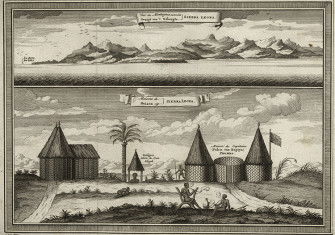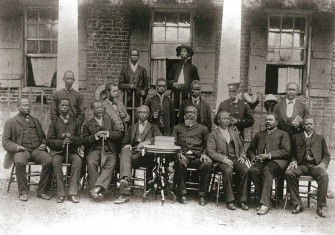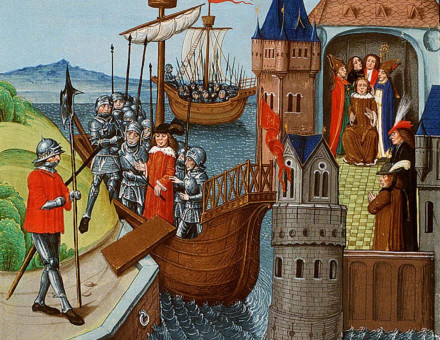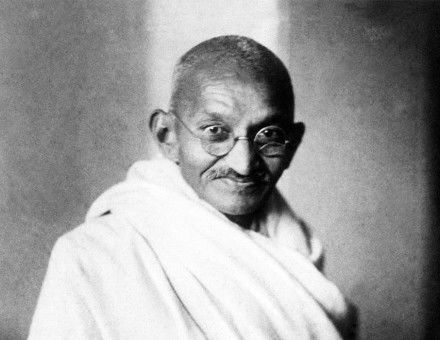Adelaide Casely Hayford’s African Education
Colonial schools eroded national identity and pride; in Sierra Leone a new way of teaching had to be found.
In theory, education was a key benefit bestowed by European colonial governments and missionaries. But it was also increasingly seen – from India to Africa to the West Indies – as detrimental. Norman Manley, later the first prime minister of Jamaica, was fond of quoting a British official who admitted that: ‘The Empire and British rule rest on a carefully nurtured sense of inferiority in the governed.’ The Indian schoolchild, a local journalist complained in 1923, ‘is taught day after day to despise everything Indian and to admire everything British, with the result that he ends up being neither an Indian nor an Englishman, but a sorry ape’. In Sierra Leone, Adelaide Casely Hayford was determined to do something different.







